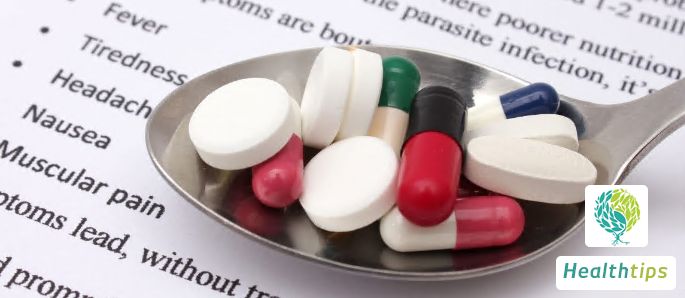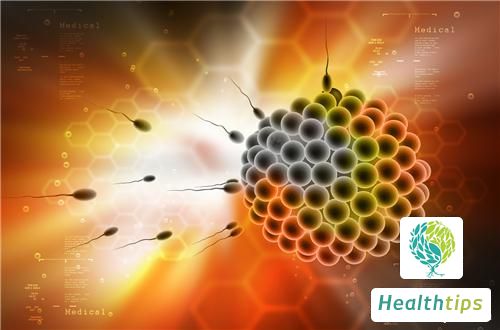What are the symptoms of atropinization?

Taking atropine-like drugs may have a certain impact on glandular secretion, easily leading to dry mouth. After stopping the medication, the symptoms of dry mouth can generally be relieved.
Atropine-like drugs may also affect the secretion of sweat glands, easily leading to reduced skin sweating and possibly causing dry skin.
After taking the medication, some patients may experience damage to the gastric mucosa, leading to a decrease in gastric motility and symptoms of nausea and vomiting. These symptoms will be more pronounced after eating.
Taking the medication may lead to excessive excitement of the vagus nerve, easily inhibiting the function of the heart, usually manifesting as rapid heartbeat and palpitations.
In addition, symptoms of atropinization also include elevated intraocular pressure. If there are obvious discomfort symptoms after medication, standardized treatment should be carried out as early as possible to avoid unnecessary damage to the body.



















